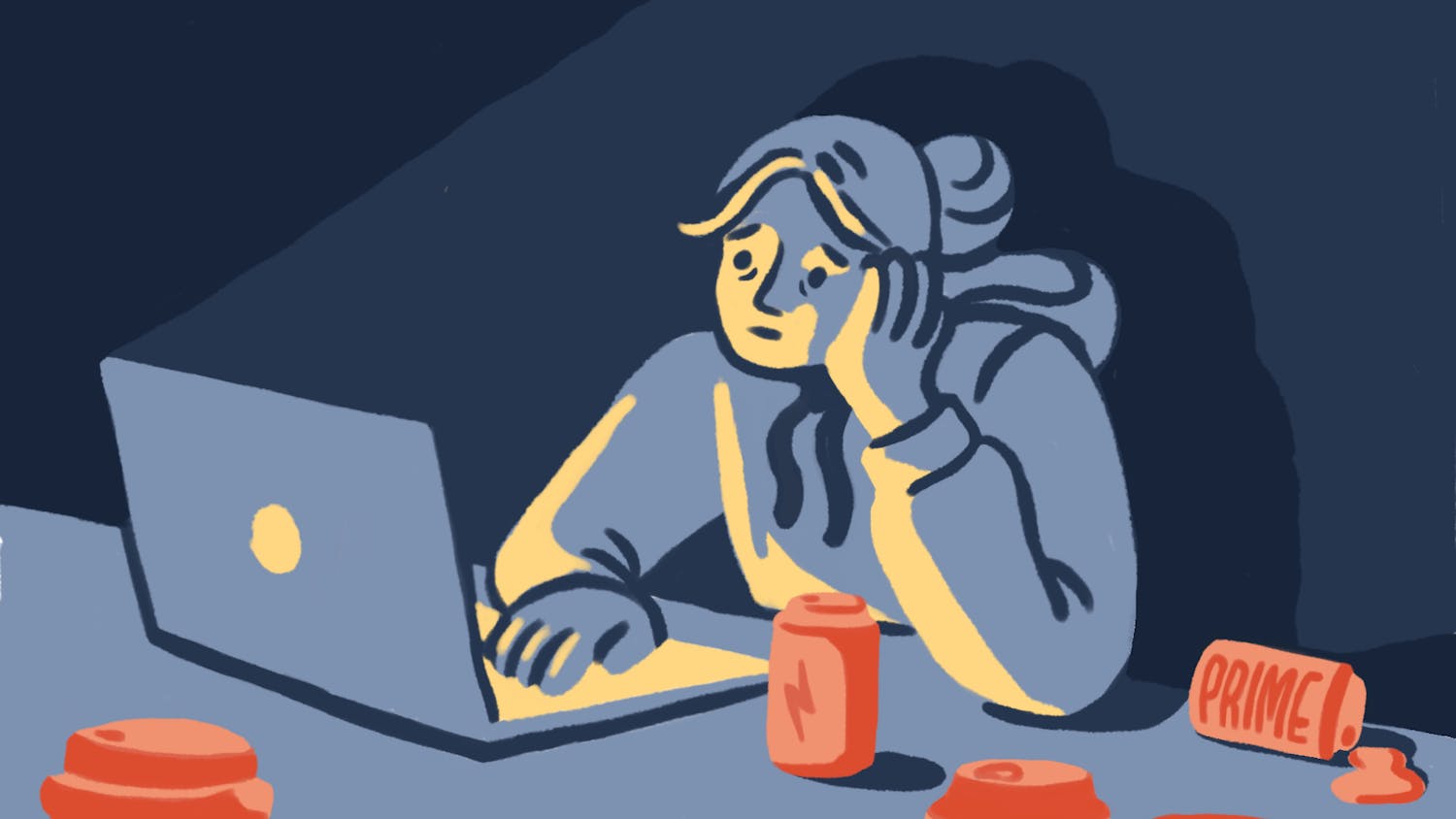Rahel Dette ’13 shies away from calling her work research. The word connotes something formal and authoritative, a tone she said she cannot justifiably lay claim to.
Instead, she rotates between the terms “travel writing,” “narrative storytelling” and “anecdote” when describing what came out of a three-month-long fellowship in Tunisia last summer. Through serendipitous interviews in taxis, at weddings and over expansive Iftars — the fast-breaking evening meal during Ramadan — Dette collected stories about the revolution that occurred in Tunisia in late 2010 and early 2011. “‘I would walk down the street and if someone was willing to talk to me, I would say, ‘Sure, let’s chat,’” she said.
Dette delivered a lecture titled “P.S. Tunisia — Personal Stories from a Revolution and its Aftermath” at a Joukowsky forum event hosted yesterday by the Watson Institute. The lecture was in honor of Marla Ruzicka, a human rights activist who died in a suicide bombing in Iraq in 2005 and in whose memory both the fellowship and annual lecture were established.
Going into the trip, “I asked myself, how can I make this place come alive? How do I capture people’s stories? What did (Tunisians) do before, and after, the revolution?” Dette said.
In her conversations, Dette said she discovered the many “ironies” and “hardships” that had set in after the initial “honeymoon phase” of the revolution, revealing a disconnect between the rhetoric and the realities of the revolution in Tunisia.
Speaking with Tunisians who formerly worked in tourism — an industry Dette said has centered around generic beach towns built up in the 60s and 70s — highlighted one such irony.
“The revolution began for economic reasons,” Dette said. “But people are out of jobs now. The infrastructure for tourism is terrible in Tunisia. Perhaps this is a chance to promote more authentic tourism in the country.”
She also began to discern a distinction between the people who “began” the revolution and the people who “rode the revolutionary wave.” One such moment came when she was traveling in Sidi Bouzid, the city in central Tunisia where the fruit-seller Mohamed Bouazizi had burned himself in December 2010 — an incident which has been called the catalyst of the Arab Spring. She chanced upon his cousin, who took her to Bouazizi’s grave and told her, “The revolution began in December and not in January.” His comment, echoed by others in the city, sparked questions about the ownership of the revolution and amplified her commitment to highlighting lesser-heard voices, she said.
Dette also decided to curate a guidebook to Tunis, the capital, that weaves together citizen accounts of the revolution and facts about the city.
“I wanted to experience the country through people’s stories. And I wanted to create a way for others to do the same,” she said
Initially, Dette had wanted to study the political economy of tourism, an idea which was suggested by her adviser, Associate Professor of Political Science Melani Cammett ’91.
But by the time she left in August, innumerable conversations having transpired in the interim, tourism occupied merely a corner of the insights she had gained through a process whose “legitimacy” she “sometimes doubted,” she said. “You could talk to 10 people. You could talk to a 100 people,” she said. “How do you know if that’s a legitimate approach to research?”
In an email to The Herald, Cammett called Dette’s work “significant and innovative,” adding that it highlights “the human gains and costs of the extraordinary developments in Tunisia over the past two years.”

ADVERTISEMENT




